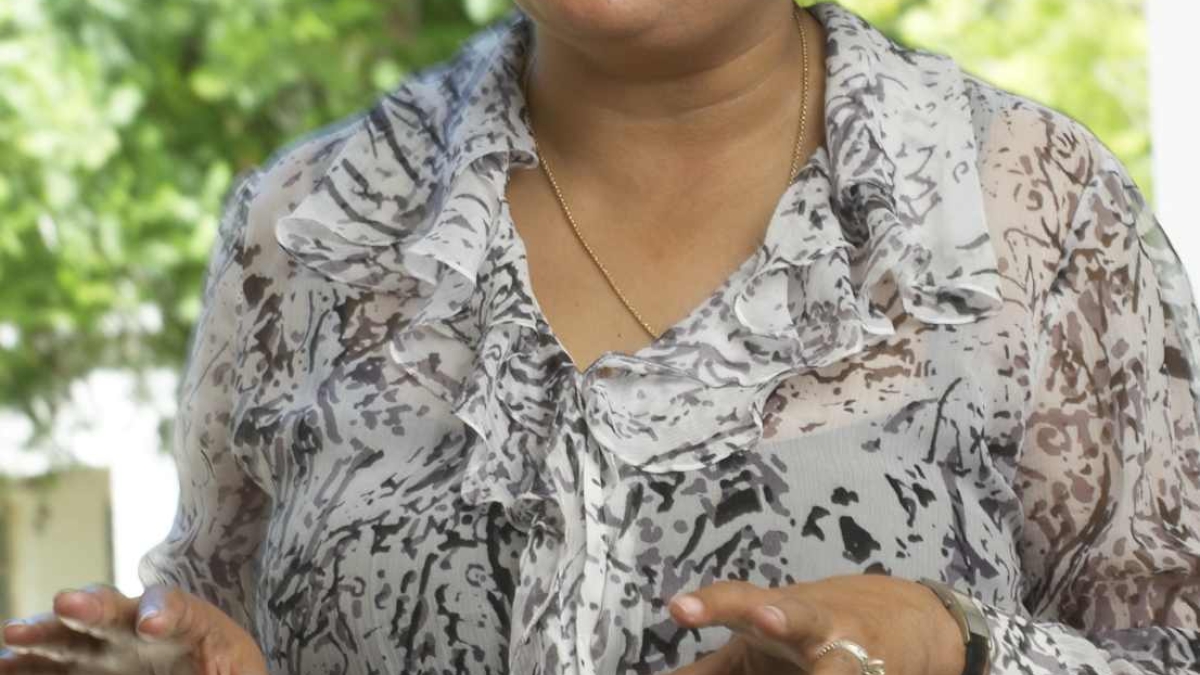New book sheds light on women, war and making of peace

The aftereffects of war are typically remembered and memorialized in a triumphalist fashion. Territories gained and lost, governments deposed and new governments established. The individual becomes a statistic, their pains and sufferings covered over by numbers and statues.
In her first book since joining ASU as the Hardt-Nickachos Chair in Peace Studies at the Center for the Study of Religion and Conflict, Yasmin Saikia’s "Women, War, and the Making of Bangladesh: Remembering 1971" allows the survivors and perpetrators of war-time atrocities to tell their stories, revealing the power of speaking about traumas so often deemed unspeakable.
Saikia, who is also a professor of history in the School of Historical, Philosophical and Religious Studies, points out that 1971 was a pivotal time for the Indian subcontinent. Just a few decades free of British colonial rule, tensions between East Pakistan, West Pakistan and India came to a head in a war that would produce a new country – Bangladesh – and establish the contemporary geo-political structure of the region.
“East Pakistan, now Bangladesh, was the place where all the civil, international, and ethnic conflicts of the region converged,” Saikia says, “but as time passed, the narrative of these complexities gave way to a narrative written with binary memories, memories of ‘us versus them’ and ‘good versus evil’ on all sides.”
But one story, according to Saikia, had yet to be given a voice.
“Hidden beneath what I call the ‘grand Manichean narratives’ of nationhood, men on all sides of the conflict used rape as a weapon of war, looting, killing and terrorizing noncombatants,” Saikia says.
“These horrors left a generation of victims and perpetrators with unspeakable trauma,” Saikia continues, “trauma that included rape, loss of status and citizenship, and ‘war babies’ born as a result of these rapes.”
In disclosing the story of gender violence in the war of 1971 in Bangladesh, Saikia confronts not only the personal pains of the individual women. She also articulates the collective traumas involved in such atrocities, showing how individual acts are woven into a collective narrative and memory on a societal and national level.
“When you tell the story of an individual, an individual becomes a gateway to tell something larger. This does not diminish their personal experience, it is important to remember they are a person, but the person is also an interlocutor for something larger and it is important to see that,” Saikia says.
Perhaps more importantly, according to Saikia, this book is not just a story of victimization. It also shows how the women subject to such brutality have become leading agents of change, as political activists, social workers, and caregivers.
“The most important lesson I learned was that while women are victimized in war, these women are far more resilient and far stronger than what the victimizers thought,” Saikia says. “Their humanity shines though all their pain. No matter what violence you do to a human being the violence is never total. Humanity is much more powerful than the violence.”
"Women, War, and the Making of Bangladesh: Remembering 1971", published in the United States by Duke University Press, is the first book to also be published simultaneously in India, Bangladesh, and Pakistan.
“The significance of this cannot be understated,” Saikia says. “I believe that the book reflects a unification of what had been a partitioned memory, a partitioned trauma, a unification that was achieved through the testimonies of the women and men who lived this history and in some sense acted as co-authors of the book.”
“History is not someone else's story or purely a project for teaching and research,” Saikia adds, “it is a personal encounter to know and become implicated in the shared story of the past and present and learn to share national and international space with one another.”
Story by Richard Ricketts, Communications and Operations Intern with the Center for the Study of Religion and Conflict

